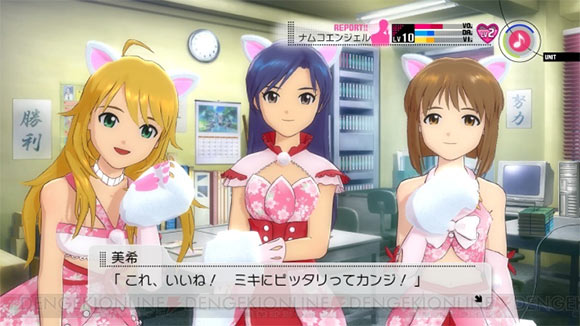It’s funny the way culture reflects language and vice-versa. One phrase you’ll hear sometimes in Japanese is 天下の tenka no~, which literally means “having received the blessing of Heaven and the Emperor to rule Japan.” During the sengoku or “Warring States” period of Japanese history, that’s what the various warlords were trying to do: win enough power that they could go to the Emperor in Kyoto and receive his blessing to become the designated military ruler of the country (Shogun), which is what Tokugawa Ieyasu eventually did, ushering in the Edo Period and 264 years of peace. In modern usage, tenka no~ is used to refer to companies that receive special status from the government, and someone might cynically complain about tenka no NTT (“NTT, the company anointed by heaven to provide telephone service to the Japanese people”) when their phone connection is bad. Another word that seems uniquely Japanese is 新米 shinmai (pronounced SHEEN-mai), which means “new rice” that’s just been harvested. A person who starts a new job will often be referred to with this term, e.g. shinmai salaryman for someone who’s just started their first 9-5 job, or a shinmai idol singer who has just made her singing debut and is still green and inexperienced.

IdolMaster is a game in which you must guide the careers of inexperienced idols.















